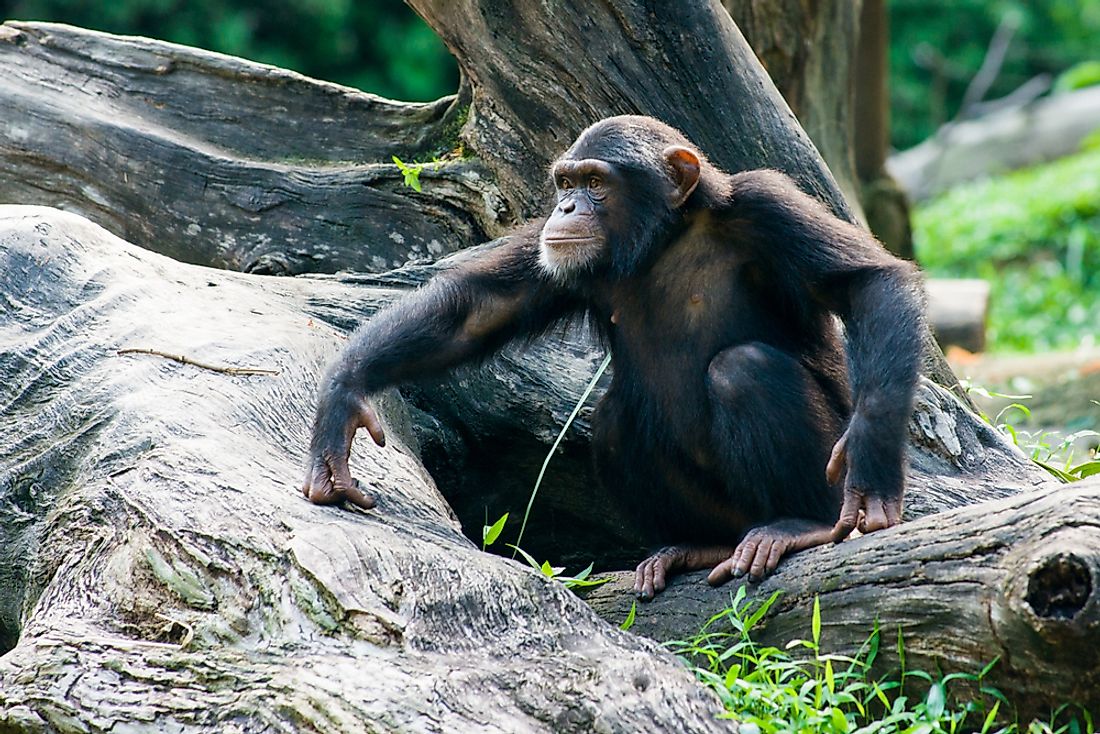10 Famous Zoologists and Their Contributions

Zoological studies as the branch of biology, which studies all aspects of the animal kingdom and their interaction with the environment, have possibly been the earliest attempts of organizing the knowledge about different life forms that live around us.
Beginning from the classification and nomenclature of animals and plants to animal cloning and genome, zoologists have played a crucial role in understanding our world. Here are ten famous zoologists and how their efforts have contributed to the overall knowledge we are privileged to have access to today.
Aristotle (348 BC – 322 BC)
Aristotle is best known as one of the most prominent philosophers of all time. He was also an esteemed student of Plato and later became Alexander The Great’s teacher. Although less known as a zoologist, Aristotle is to be thanked for the first-ever classification of the animal kingdom.
He proposed that the animal kingdom should be classified as blooded and non-blooded animals along with its respective sub-classifications. The blooded animals are further divided into four-footed, young-bearing, egg-laying animals, fish, and birds. The non-blooded animals are sub-categorized as insects, mollusks, and crabs. Aristotle also wrote seminal zoological works that laid the base for the structured study of zoology for all of its subsequent successors to this day. Those works are De Generatione Animalium, Historia Animalium, and De Partibus Animalium.
Jean-Baptiste Lamarck (1774 – 1829)
De Lamarck is perhaps one of the most controversial figures in the study of evolution. Although his family intended for him to go into clerical work, the study of religion was not of interest to him. Lamarck started as a botanist, but after he was given an invitation to join the Jardin des Plantes, he became a zoologist.
Even though most will associate his name with the ideas behind organic evolution, he has made significant and plentiful contributions to zoology in general. It is also less known that Lamarck was almost a predecessor of Schwann and Schleiden concerning their cell theory, as he came very close to defining it nearly 40 years before them. He is best known for advocating the theory of inheritance of acquired characters along with the tree of life.
Carl Linnaeus (1707 – 1778)
Linnaeus was a famous botanist, physician, and zoologist who is considered to be the father of modern taxonomy. During his life, and especially during the 1750s, he classified an extraordinary number of animals that he collected on his own. Linnaeus was a strong influence for many famous philosophers and writers, including Jean Jacques Rousseau, who considered him to be the greatest man on Earth. One of his most prominent works Systema Naturae, where he introduced his taxonomy, was first published in the Netherlands.
Charles Darwin (1809 – 1882)
Darwin is, by far, the most famous of all the zoologists on this list. This English scientist is best known for his groundbreaking book On the Origin of Species by Means of Natural Selection, published in the 19th century.
According to Darwin, all species have come from a common ancestor and have evolved through the process of natural selection. His continuous insights and studies on different classes of animals have resulted in an immense collection of data, which was later published through his books. He was also named as the father of biology due to his efforts to popularize biological studies.
Alfred Russel Wallace (1823 – 1931)
Before Darwin, Wallace was the one who came up with his own theory of natural selection. It was his work that influenced Darwin and his Theory of Evolution. He is regarded as the father of biogeography due to his research on the basin of the river Amazon. He defined a line (called the Wallace Line) that separates the Indonesian archipelago in areas containing species of Australian origin and those of Indian origin.
Jane Morris Goodall (1934 – )
Goodall is an anthropologist and naturalist famous for her decades-long study of chimpanzees in Tanzania. She is considered to be a world-renown expert on chimpanzees in general and held the role of UN’s Messenger of Peace.
Goodall also established the global Jane Goodall Institute dedicated to conservation efforts and the study of chimpanzees. She is also known to be a fierce environmental advocate.
Dian Fossey (1932 – 1985)
This American national was a colleague of Jane Goodall and Birutė Galdikas (who studied orangutans) while working under Louis Leakey, a Kenyan paleoanthropologist and archaeologist. Along with her two colleagues, Fossey was known as Leakey’s Angel. She was sent to Rwandan forests to study gorillas, which she did for almost two decades.
Stephen Robert Irwin (1962 – 2006)
Steve Ervine, as most people knew him, was an Australian Crocodile Hunter made famous across the world on account of the TV series under the same name. Irwin and his wife Terri were the owners and operators of Australia Zoo, which was established by his parents. In 2006, on the set of a documentary called the Ocean’s Deadliest, he was stung by a Stingray and consequently died.
Fredrick William Frohawk (1861 – 1946)
Although not strictly a zoologist, Frohawk was a zoological artist who was renowned for his work on illustrations of butterflies. He was the author of the books under the titles Varieties of British Butterflies and Natural History of British Butterflies. His collection of butterflies was first sold to Lord Rothschild in 1927 but is currently a part of the Natural History Museum of London.
David Attenborough (1926 – )
One of the most recognizable faces of modern zoology, this talented naturalist, is best known for his collaboration with BBC on the natural history documentary series encompassed under the title The Life Collection. It is an impressive and extensive study of plant and animal life on our planet. Attenborough’s positive contribution to the field of zoology is both undeniable and ongoing.











